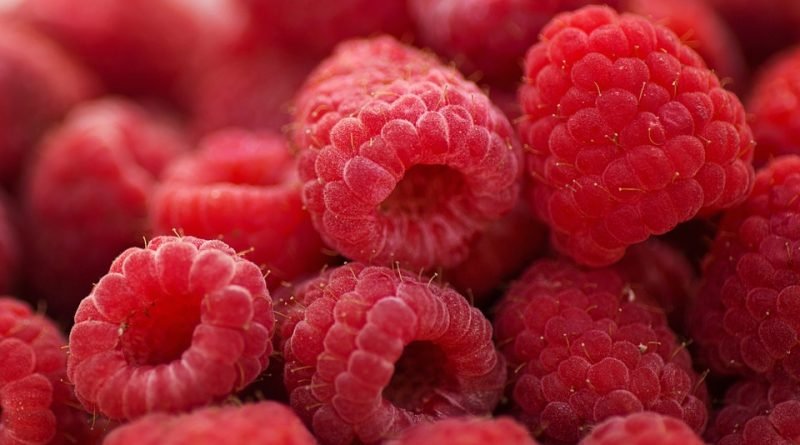Fatty liver and food: what to eat (and avoid) for better liver health
Fatty liver disease is becoming increasingly common, with estimates suggesting that up to 25% of the global population may have this condition. Fatty liver disease occurs when excess fat builds up in the liver, causing inflammation and potentially leading to more serious complications like liver cirrhosis or liver cancer. While genetics can play a role in fatty liver disease, one of the biggest factors contributing to its development is diet.
What we eat has a significant impact on the health of our liver. Consuming a diet high in processed foods, sugar, and unhealthy fats can contribute to the accumulation of fat in the liver. On the other hand, certain foods can help promote liver health and even reduce the amount of fat in the liver. Here are some dietary tips for improving liver health and managing fatty liver disease:
Eat more fruits and vegetables: Fruits and vegetables are rich in antioxidants, vitamins, and minerals that can help protect the liver from damage and reduce inflammation. Aim to fill half your plate with fruits and vegetables at each meal.
Choose whole grains: Whole grains like brown rice, quinoa, and whole wheat contain fiber, which can help promote healthy digestion and reduce the amount of fat in the liver.
Include lean protein sources: Protein is essential for liver function, but not all sources of protein are created equal. Choose lean sources like poultry, fish, tofu, and legumes, and limit red meat and processed meats.
Limit added sugars and processed foods: Foods high in added sugars and processed fats can contribute to inflammation and fat accumulation in the liver. Try to limit your intake of sugary drinks, sweets, and processed snacks.
Cut back on alcohol: Alcohol can exacerbate fatty liver disease and cause further damage to the liver. If you have fatty liver disease, it’s important to limit or eliminate alcohol consumption.
Stay hydrated: Drinking plenty of water can help flush toxins from the liver and keep it functioning optimally. Aim to drink at least eight glasses of water per day.
In addition to these dietary tips, it’s important to maintain a healthy weight and engage in regular physical activity to promote liver health. If you have fatty liver disease, it’s also important to work with a healthcare provider or nutritionist to develop a personalized diet plan that meets your specific needs.
In conclusion, the foods we eat play a crucial role in the health of our liver. By including more fruits and vegetables, whole grains, and lean protein sources in our diet while limiting added sugars, processed foods, and alcohol, we can support liver health and reduce the risk of fatty liver disease. Making these dietary changes can not only improve liver health but also contribute to overall well-being and reduce the risk of other chronic diseases.
